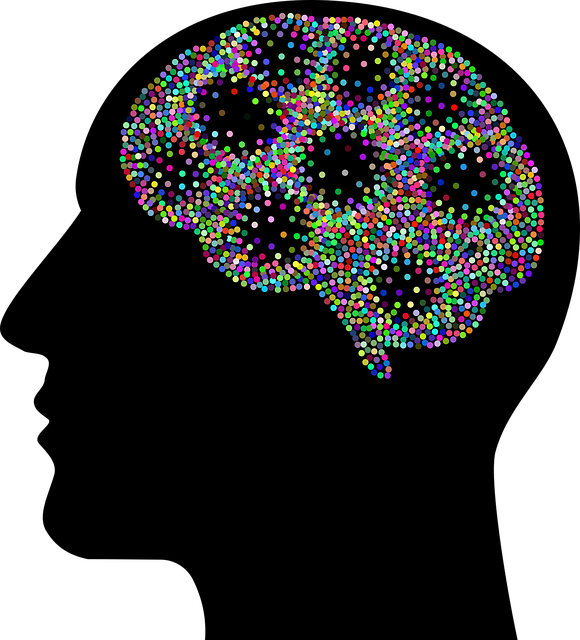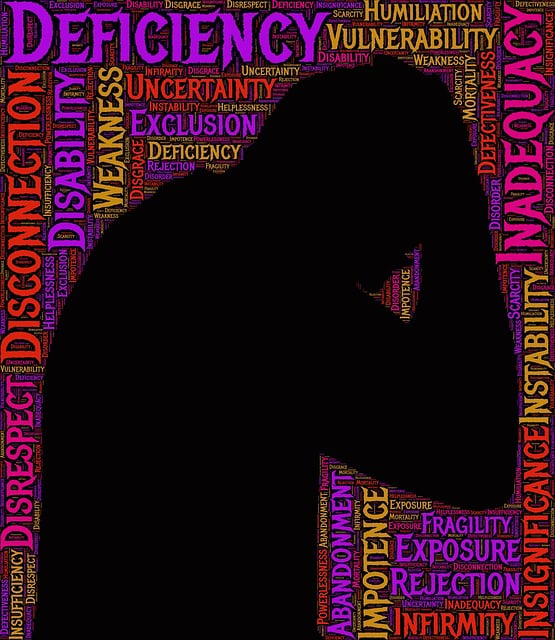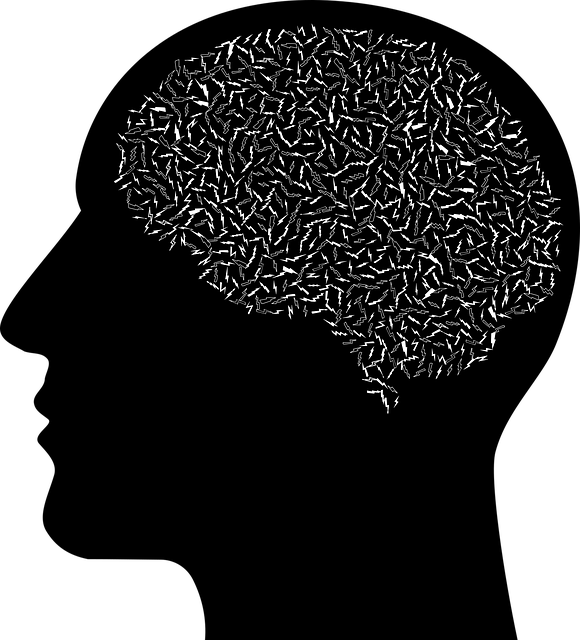Therapy for Young Adults Alcohol Abuse relies on comprehensive data collection, integrating structured assessments and qualitative interviews to understand complex mental health issues like trauma and family dynamics. Analyzing statistical patterns in survey responses, clinical assessments, and treatment outcomes helps identify relapse risks and tailor interventions such as coping skills training and mood management strategies using predictive analytics. Success is measured beyond simple abstinence, focusing on improved mental health, well-being, and coping skills development, with key metrics including participation rates, retention, alcohol use frequency, and stigma reduction for long-term recovery.
Mental health data analysis is crucial in understanding and addressing alcohol abuse issues among young adults. This article delves into two key aspects: exploring effective strategies for collecting and interpreting data related to this demographic, and how these insights can be used to tailor personalized therapy approaches.
We discuss the importance of specific data collection methods and analyze various techniques to interpret findings. By examining evaluation metrics, we highlight successful treatment outcomes in young adults suffering from alcohol abuse, providing valuable insights for healthcare professionals.
- Understanding Mental Health Data Collection for Young Adults with Alcohol Abuse Issues
- Analyzing and Interpreting Data to Tailor Therapy Strategies
- Measuring Success: Evaluation Metrics for Effective Alcohol Abuse Treatment in Young Adults
Understanding Mental Health Data Collection for Young Adults with Alcohol Abuse Issues

Understanding Mental Health Data Collection for Young Adults with Alcohol Abuse Issues is a critical step in providing effective therapy for this demographic. This population often faces unique challenges, including but not limited to, trauma and its subsequent impact on mental wellness. Therefore, data collection methods must be sensitive and comprehensive to capture the complex nature of their experiences.
Through structured assessments and qualitative interviews, healthcare professionals can gain insights into the individual’s history, current behaviors, and underlying factors contributing to alcohol abuse. This involves exploring their personal narratives, family dynamics, and any past or ongoing trauma that may require specialized trauma support services. By integrating these data sources, mental health practitioners can identify barriers to recovery and tailor interventions to foster resilience building, a key component in sustaining positive outcomes for young adults seeking therapy for alcohol abuse issues.
Analyzing and Interpreting Data to Tailor Therapy Strategies

Analyzing mental health data is a powerful tool for tailoring effective therapy strategies, especially within the context of young adults and alcohol abuse. By scrutinizing statistical patterns and trends, researchers and clinicians can gain valuable insights into the unique challenges faced by this demographic. This process involves extracting relevant data points from surveys, clinical assessments, and treatment outcomes to identify key factors contributing to substance abuse issues. For instance, analyzing age-specific trends in drinking behaviors or co-occurring mental health disorders can help refine therapy models.
Through sophisticated analysis techniques, such as regression modeling or predictive analytics, professionals can predict risk factors for alcohol abuse relapses and design interventions accordingly. This data-driven approach facilitates the development of targeted coping skills training programs, crisis intervention guidance, and mood management strategies. By continuously evaluating the effectiveness of these interventions, therapists can ensure that their practices remain evidence-based and tailored to meet the evolving needs of young adults struggling with substance abuse.
Measuring Success: Evaluation Metrics for Effective Alcohol Abuse Treatment in Young Adults

Measuring success in alcohol abuse treatment for young adults is a multifaceted process that goes beyond simple abstinence. Effective therapy for young adults with alcohol abuse issues should aim to foster coping skills development and inner strength, ultimately enabling them to lead fulfilling lives free from substance dependence. Evaluating the success of these programs requires a comprehensive set of metrics that capture not just behavioral changes but also improvements in mental health and overall well-being.
Key evaluation metrics include tracking participation rates, retention in treatment, and the frequency and duration of alcohol use post-therapy. Additionally, assessing the development of coping skills, such as stress management techniques and emotional regulation strategies, is vital. Mental illness stigma reduction efforts within the treatment program should also be measured, as they play a crucial role in facilitating long-term recovery by promoting social integration and support networks.
Mental health data analysis plays a pivotal role in improving therapy outcomes for young adults struggling with alcohol abuse. By understanding how to collect and interpret this data, we can tailor therapeutic strategies that are more effective. Measuring success through robust evaluation metrics ensures that treatment programs are addressing the unique needs of this demographic, ultimately fostering better mental health and well-being among young adults affected by alcohol abuse issues. Implementing these insights into therapy for young adults with alcohol abuse can lead to significant positive changes in their lives.














